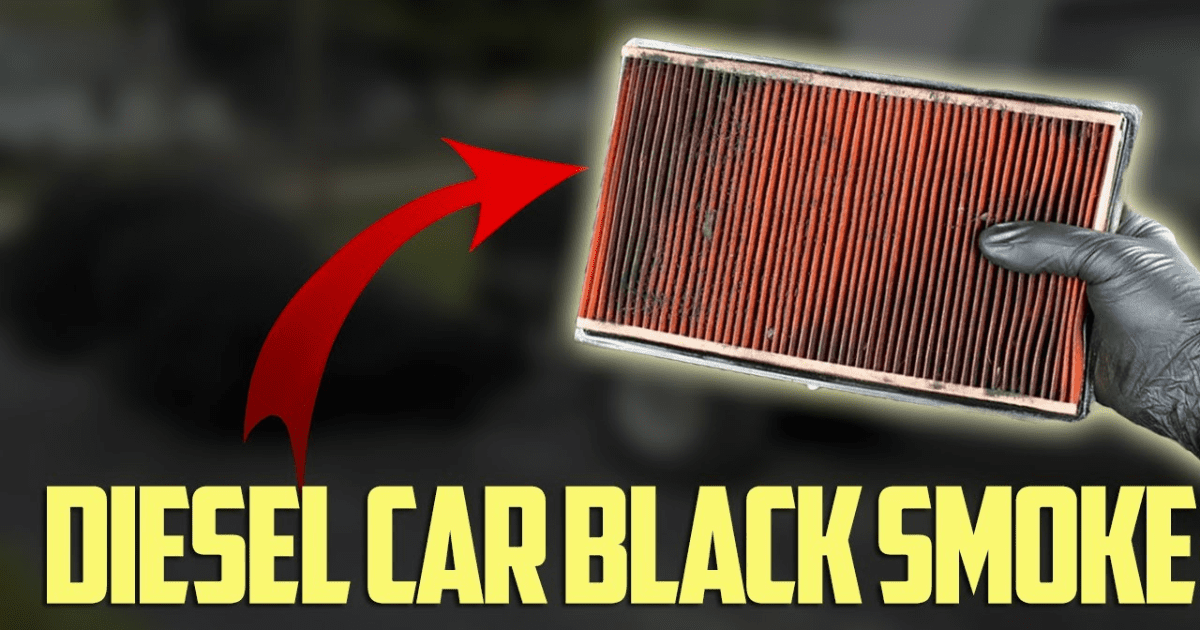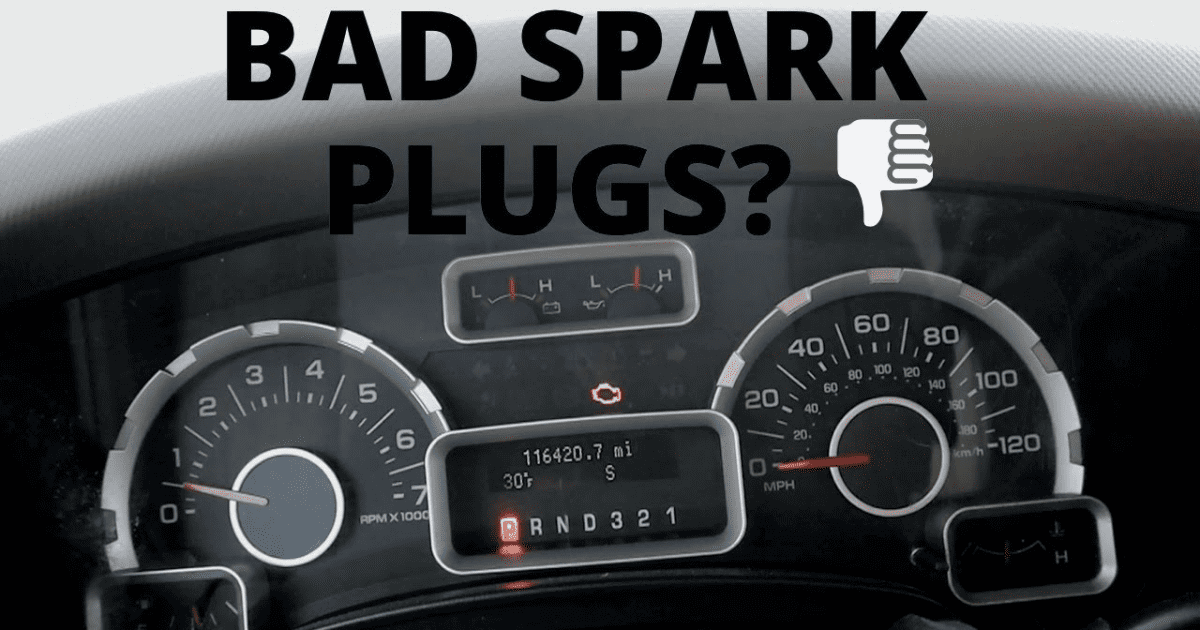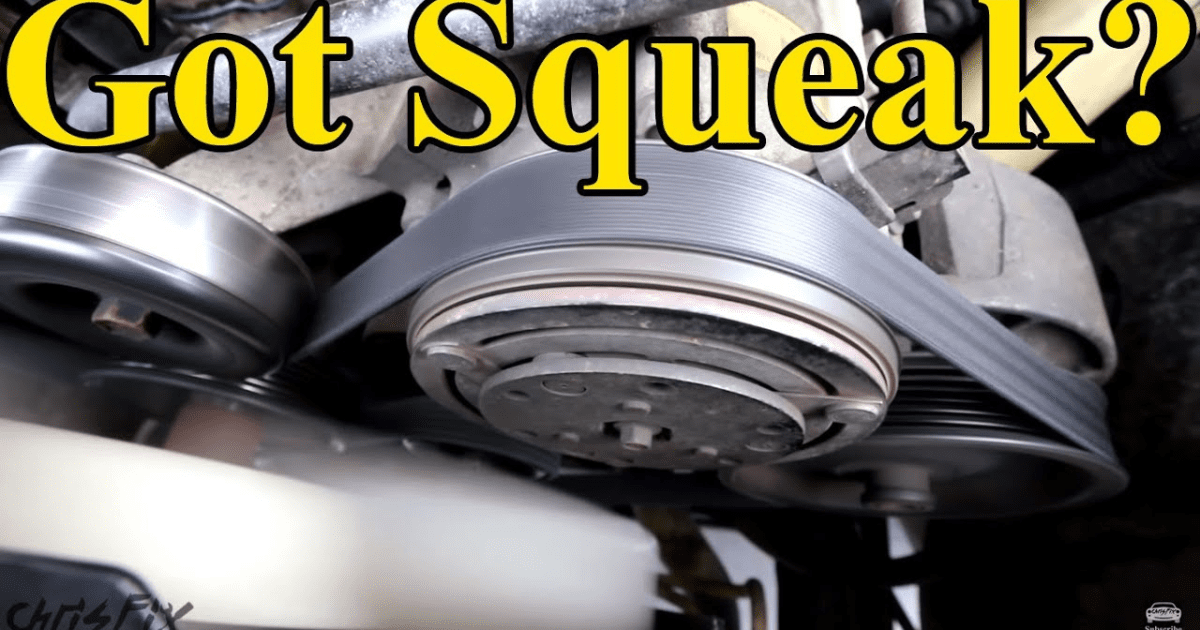When you turn the key to start your car, you expect to hear a smooth and consistent sound from your engine. However, sometimes you might hear strange noises during cranking, such as grinding, clicking, whining, or squealing. These sounds could indicate a problem with your engine or starter motor. Ignoring these noises could result in a damaged engine or a car that won’t start at all. To keep your vehicle healthy and avoid costly repairs, it’s essential to understand the common causes of cranking noise and how to fix them.
Common Causes of Cranking Noise
Cranking noise is the sound that your engine makes when you try to start it. It should be smooth and consistent, but sometimes it can be loud and irregular. This could mean that something is wrong with one or more of the following components:
- Starter motor: A worn-out starter motor, faulty solenoid, or damaged Bendix gear can cause grinding, clicking, or whirring noises when cranking the engine.
- Battery: A weak or dead battery may not provide enough power to crank the engine properly, resulting in slow cranking or clicking noises.
- Engine lubrication: Low or dirty oil can cause a lack of lubrication in the engine, leading to increased friction and knocking or grinding noises when cranking.
- Accessory belt: A loose or worn accessory belt can cause squealing or whining noises during startup.
Other potential causes of cranking noise could include faulty ignition components, such as spark plugs, wires, or coils, or internal engine problems, such as broken pistons, valves, or rods. These can cause various noises, such as popping, rattling, or clunking, when cranking the engine.
Identifying the Source of the Noise
To find out what is causing the cranking noise, you need to listen carefully and observe the symptoms. Here are some tips on how to differentiate between different types of noises:
- Grinding noise: A grinding noise usually indicates a problem with the starter motor and the flywheel not gearing properly. It sounds like metal scraping against metal and may happen intermittently or continuously. It can also affect the engine’s performance, causing hard starting, stalling, or misfiring.
- Clicking noise: A clicking noise is usually caused by a problem with the battery or solenoid. It sounds like a rapid or repeated clicking sound and may happen once or several times. It can also prevent the engine from starting at all or cause the lights and other electrical systems to dim or flicker.
- Whining noise: A whining noise is usually caused by a problem with the accessory belt or alternator. It sounds like a high-pitched or squeaky sound and may happen only when the engine is cold or all the time. It can also affect the battery’s charging, steering, or cooling of the engine.
- Knocking noise: A knocking noise is usually caused by a problem with the engine lubrication or internal engine parts. It sounds like a heavy or dull thumping sound and may happen only when the engine is cold or all the time. It can also affect the engine’s performance, causing loss of power, overheating, or smoking.
In addition to listening to the noise, you should also inspect the relevant components for signs of wear or damage. For example, check the starter motor for cracks, corrosion, or loose connections, the battery for leaks, cracks, or low voltage, the oil for level, color, and quality, and the belt for cracks, tears, or looseness.
Fixing the Problem
Once you’ve identified the cause of the cranking noise, you need to fix it as soon as possible to avoid further damage or inconvenience. Depending on the cause, the fix may involve replacing, repairing, or adjusting the component. Here are some potential repairs for each common cause:
- Starter motor issues: Replace the whole unit or just the solenoid or Bendix gear. The cost of replacing the starter motor can range from $200 to $600.
- Battery problems: Recharge, replace, or clean the terminals and cables. The cost of recharging the battery can be free or minimal, while the cost of replacing the battery can range from $50 to $200.
- Engine lubrication issues: Change the oil, replace the oil filter, or repair the oil pump or bearings. The cost of changing the oil and filter can range from $20 to $100.
- Accessory belt issues: Tighten, replace, or replace the tensioner or pulley. The cost of tightening the belt can be minimal, while the cost of replacing the belt can range from $30 to $200.
Preventive Measures
To prevent the cranking noise from happening again, you need to take good care of your engine and starter motor. Here are some tips on how to maintain a healthy vehicle and minimize the risk of cranking noise:
- Check your battery regularly.
- Change your oil regularly.
- Inspect your belt regularly.
- Get your vehicle serviced regularly.
Conclusion
Cranking noise is a common problem that many car owners face. It can indicate a problem with your engine or starter motor that could affect the performance and reliability of your vehicle. By understanding the common causes of cranking noise, how to identify the source of the noise, how to fix the problem, and how to prevent it from happening again, you can maintain a healthy vehicle and avoid costly repairs.




